New Brunswick: A Strong Member of the Union?
New Brunswick: Examining Secession
Demographics and Economy
New Brunswick is one of Canada's Maritime provinces with a population of approximately 800,000 people. The three largest cities and their approximate populations are:
-
Moncton: 85,000 (157,000 in metro area)
-
Saint John: 67,500 (130,000 in metro area)
-
Fredericton: 63,000 (110,000 in metro area)
Population Trends
New Brunswick's population has faced significant challenges in recent decades. Historically, the province experienced periods of decline or stagnation due to:
-
Out-migration of young people to more prosperous provinces like Alberta and Ontario
-
An aging population with lower birth rates
-
Limited immigration compared to other Canadian provinces
However, since approximately 2016, New Brunswick has seen a reversal in this trend with modest population growth. Statistics Canada reported that the province's population surpassed 800,000 in 2022. This growth has been largely driven by increased immigration and interprovincial migration, with the COVID-19 pandemic accelerating relocation from larger urban centers to Atlantic provinces.
Despite this recent growth, demographic challenges persist, including:
-
One of the oldest population age profiles in Canada
-
Continued rural depopulation as residents move to urban centers
-
Questions about the long-term sustainability of current growth patterns
Economic Overview
The province's economy traditionally relied on natural resources including forestry, mining, fishing, and agriculture. In recent decades, there has been growth in service sectors, tourism, and manufacturing. The Irving family conglomerate represents a significant economic force within the province.
The median household income in New Brunswick (approximately $61,400) lags behind Ontario (approximately $79,500) by about 23%. This income disparity reflects broader economic challenges facing many Maritime provinces compared to more prosperous central Canadian regions.
Important Clarification
It's important to note that there is no significant secession movement in New Brunswick. Unlike Quebec, which has had organized independence movements and referendums, or Alberta, where "Wexit" sentiments occasionally surface, New Brunswick does not have a meaningful separatist movement or any prominent political figures advocating for secession from Canada.
The premise of New Brunswick secession represents a hypothetical scenario rather than a real political movement. Any article suggesting prominent political figures are discussing New Brunswick secession would be presenting misinformation.
Regional Concerns
While secession is not a real consideration, New Brunswickers do share some common concerns with other Atlantic provinces regarding their relationship with the federal government:
-
Equalization and fiscal federalism: Questions about fair treatment in federal transfer payments
-
Resource management: Tensions over federal vs. provincial control of natural resources
-
Demographic challenges: Concerns about youth out-migration and population aging
-
Infrastructure funding: Perceptions of unequal infrastructure investment compared to more populous provinces
-
Representation: Worries about limited political influence due to relatively small population
Provincial-Federal Relations
New Brunswick, like other provinces, engages in ongoing dialogue with Ottawa regarding jurisdiction, funding, and policy priorities. However, these discussions occur within the established Canadian federal framework, with no serious consideration of separation from Canada.
Premier Blaine Higgs and other provincial leaders routinely advocate for New Brunswick's interests within Confederation, focusing on economic development, healthcare funding, and other provincial priorities.
Author: Mark Bajanen with the assistance of Type.AI for detail
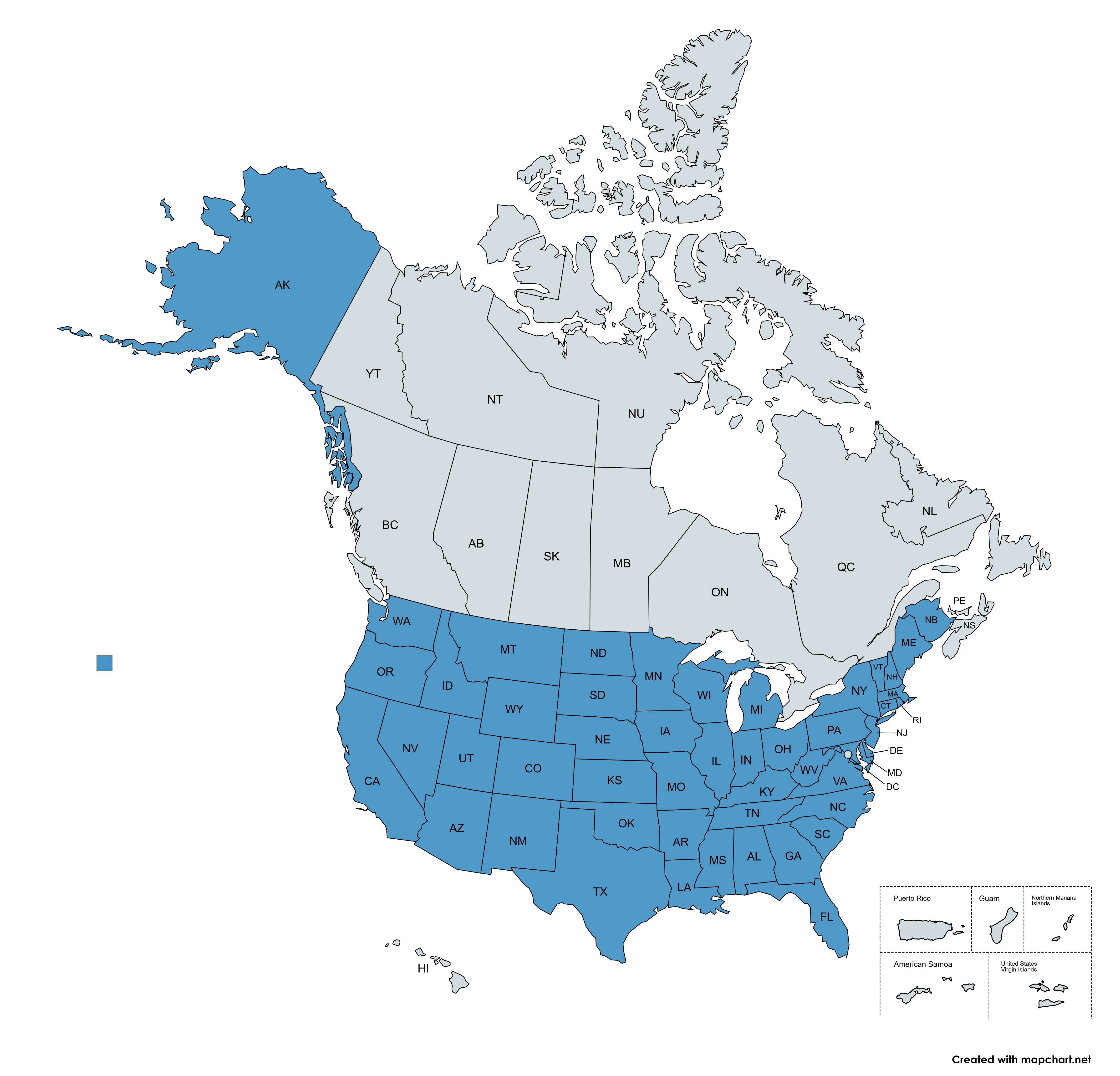

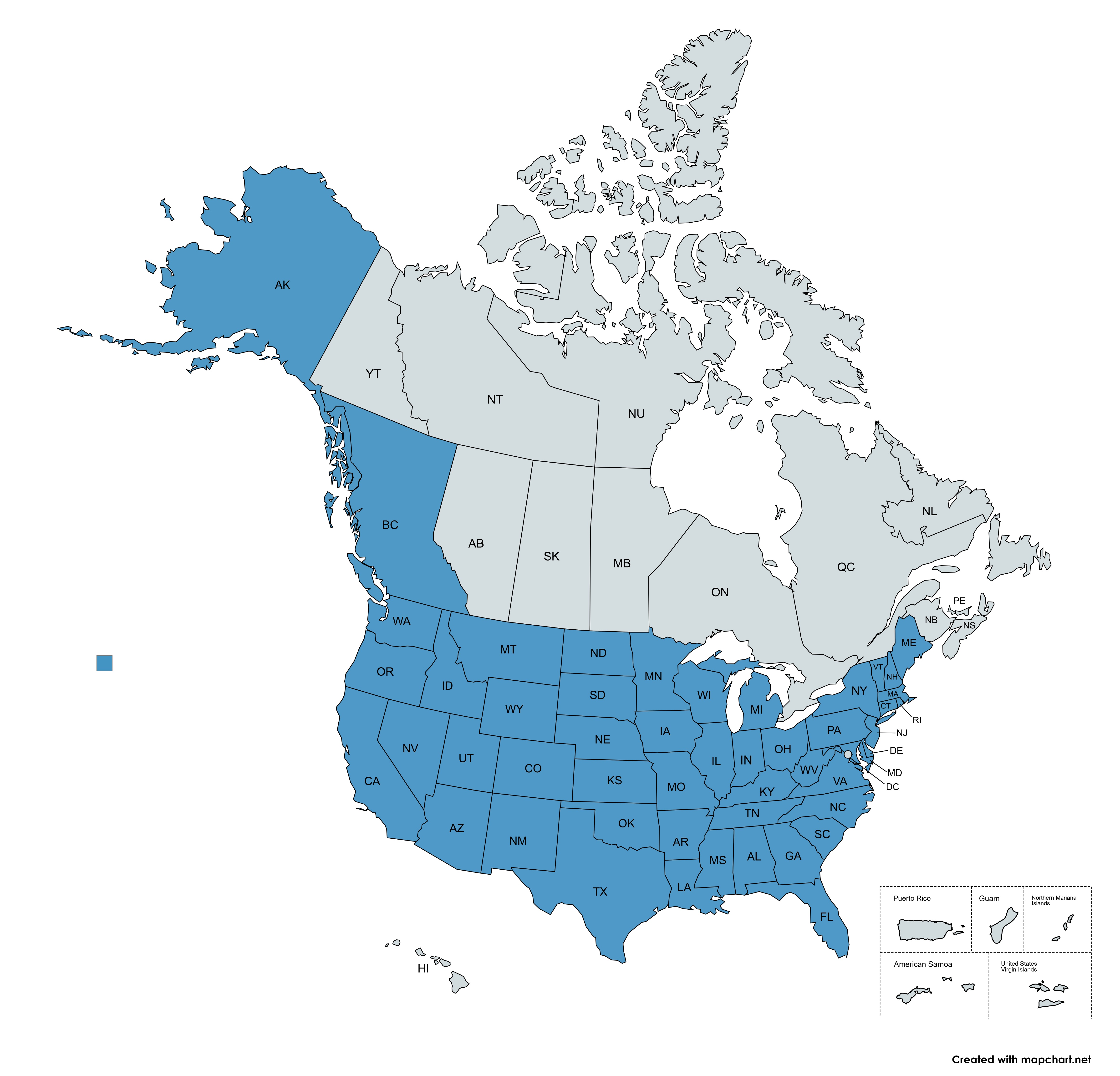
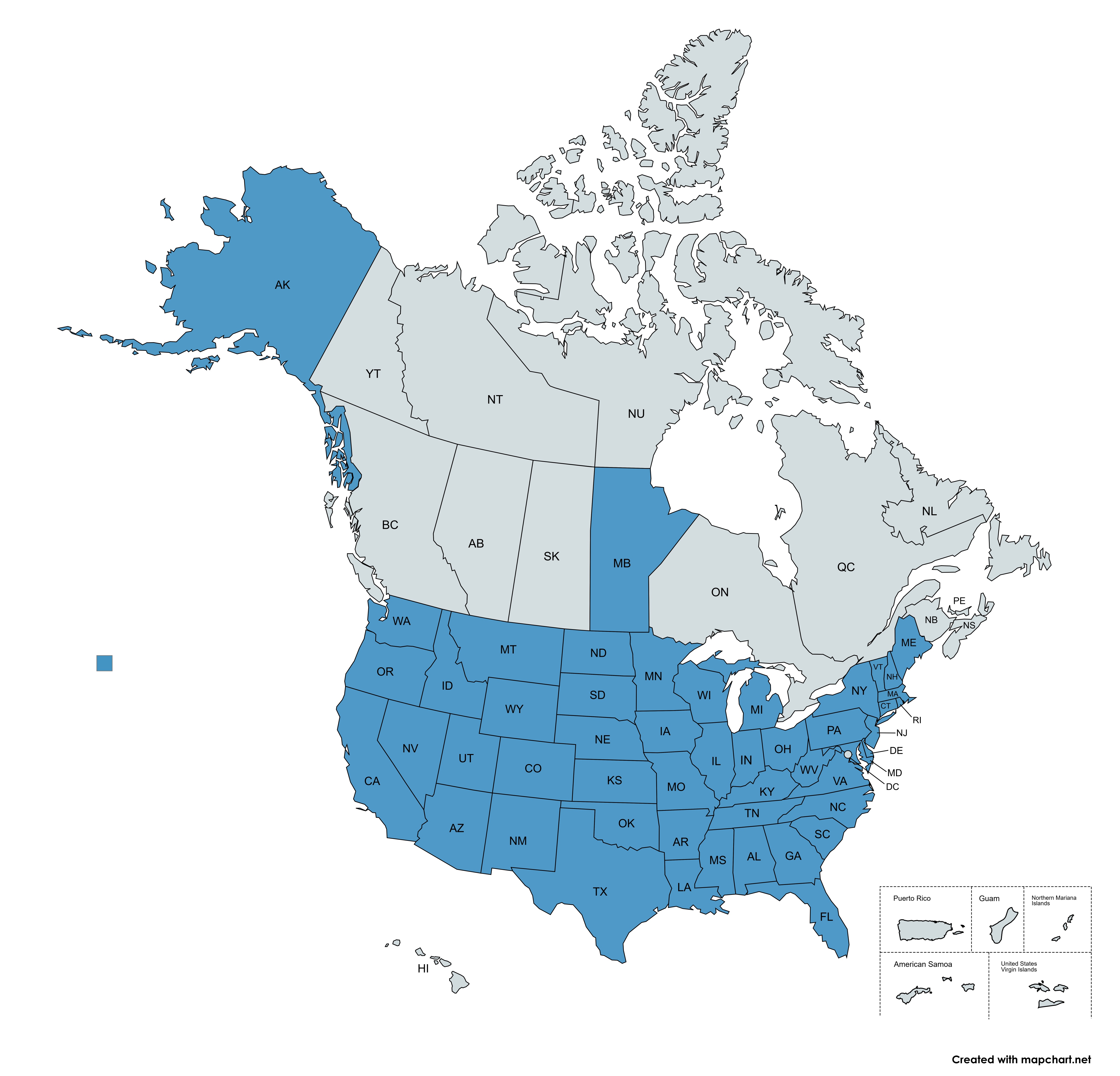
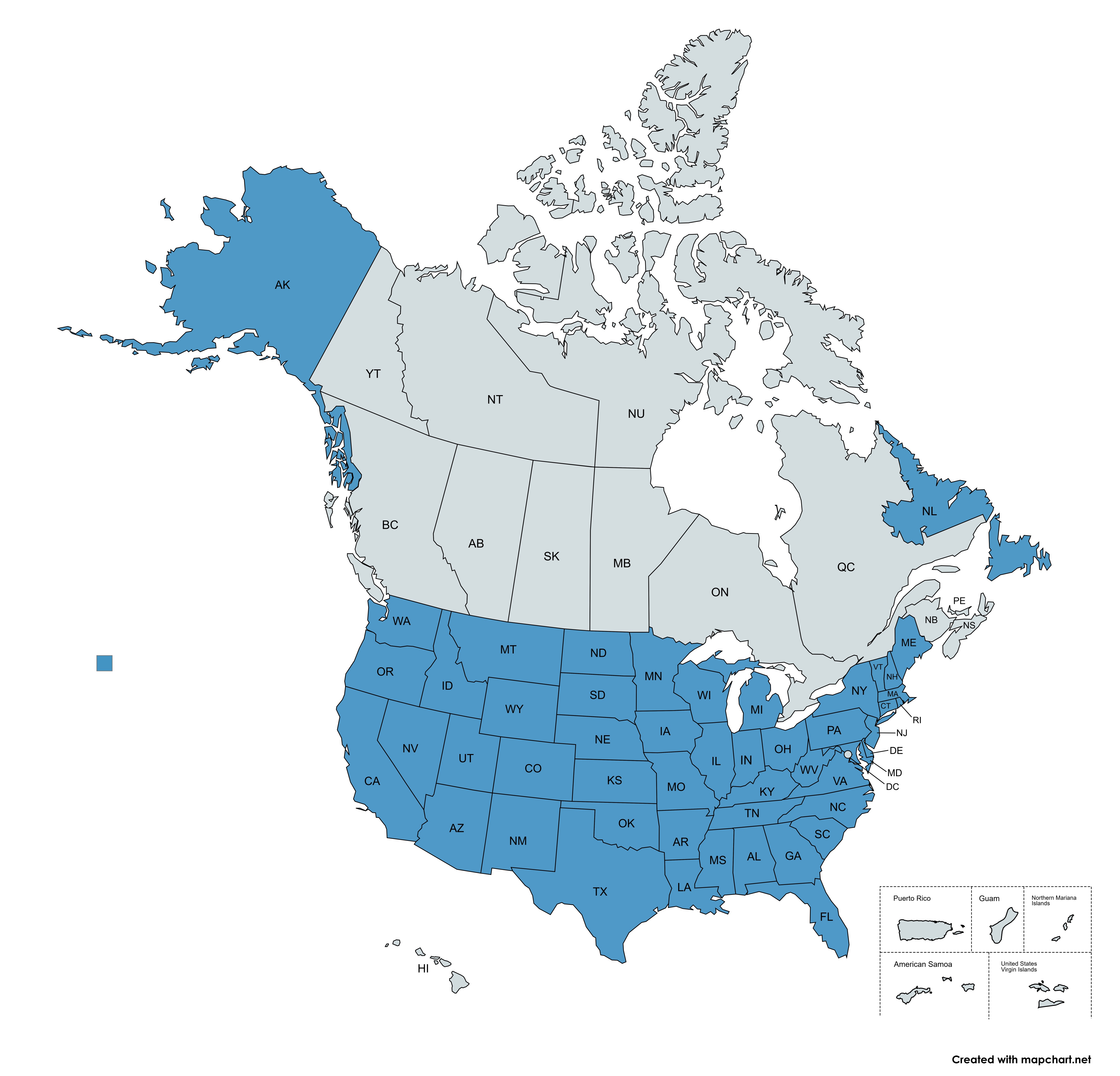
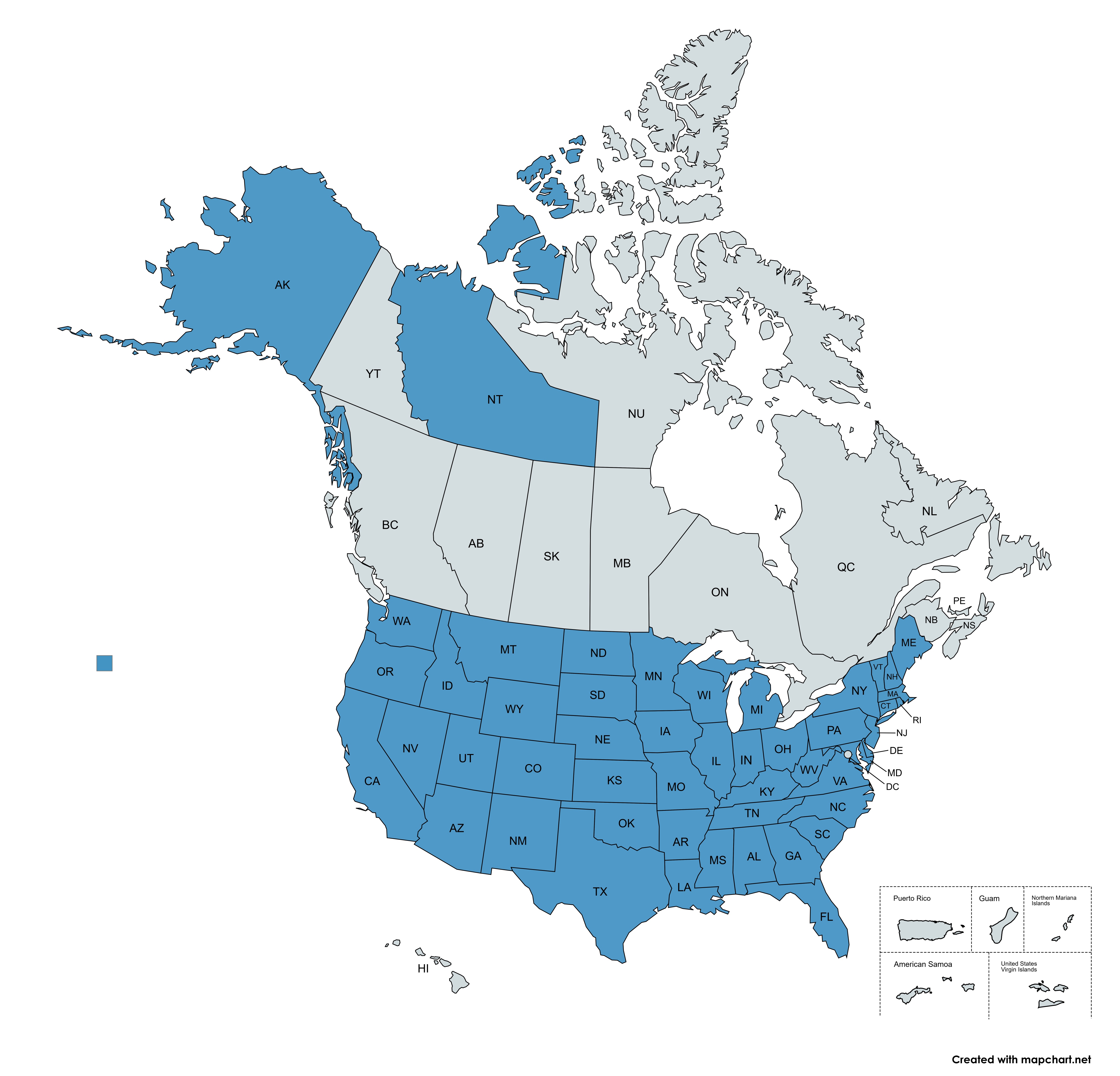
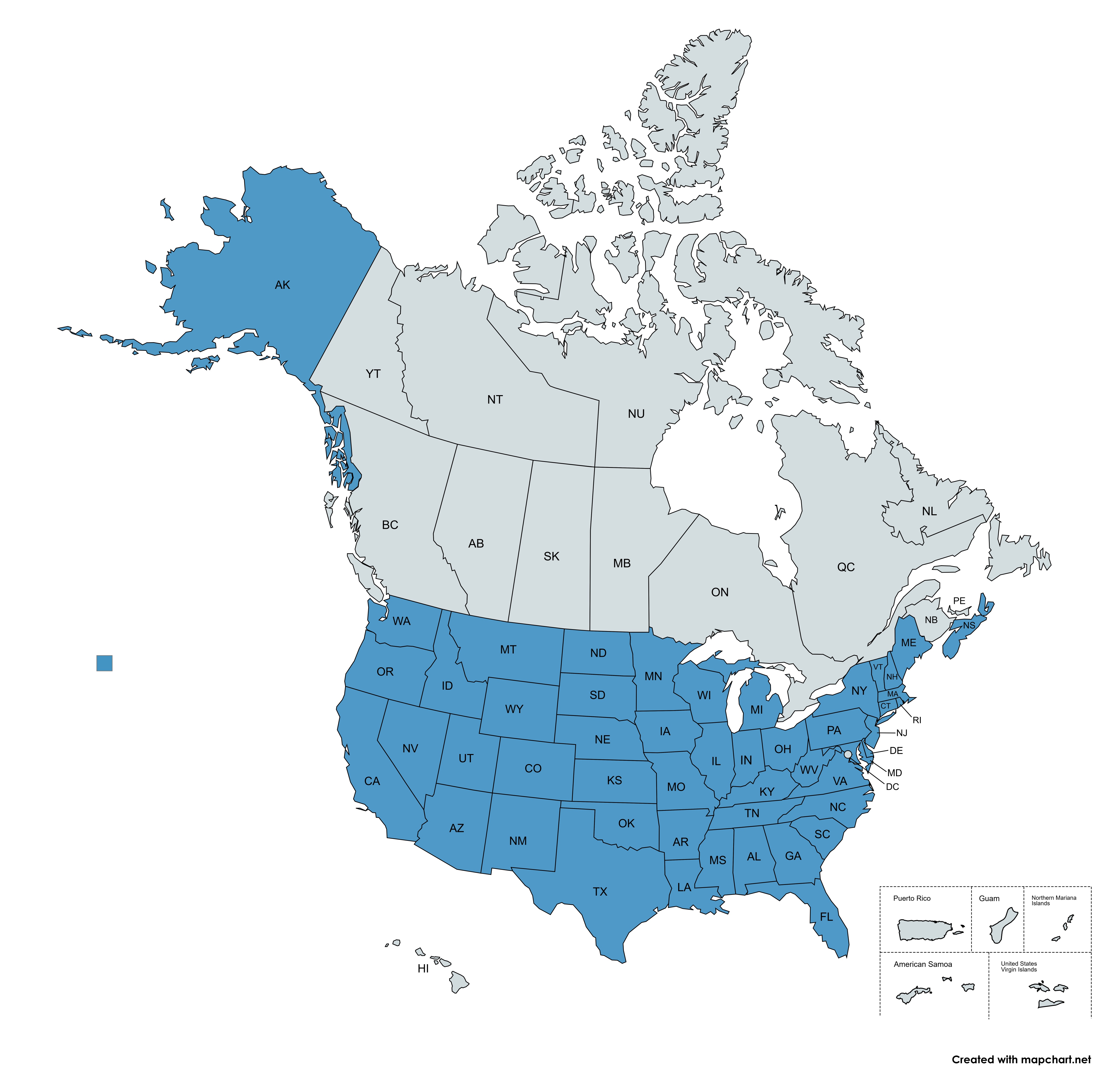
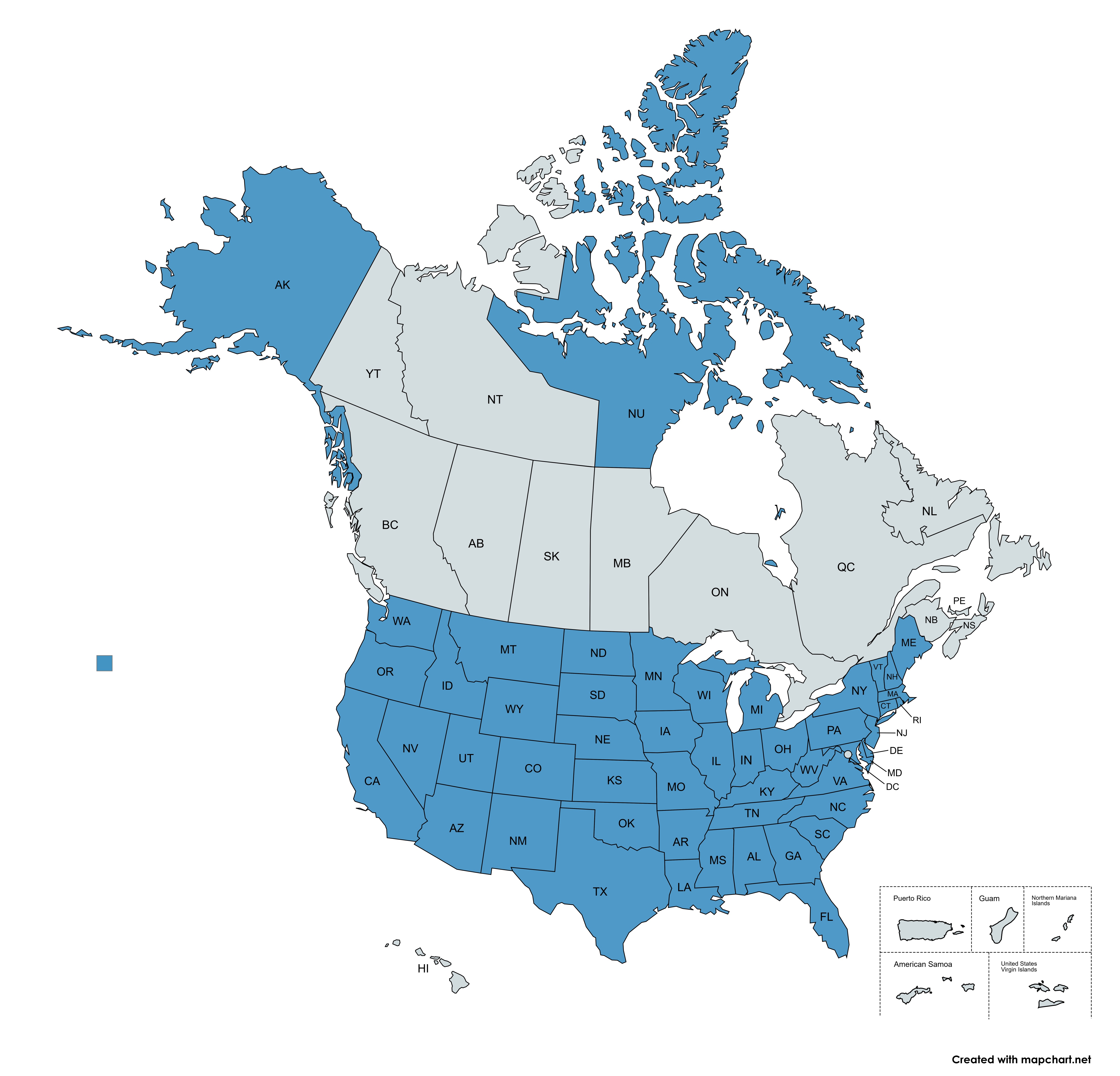

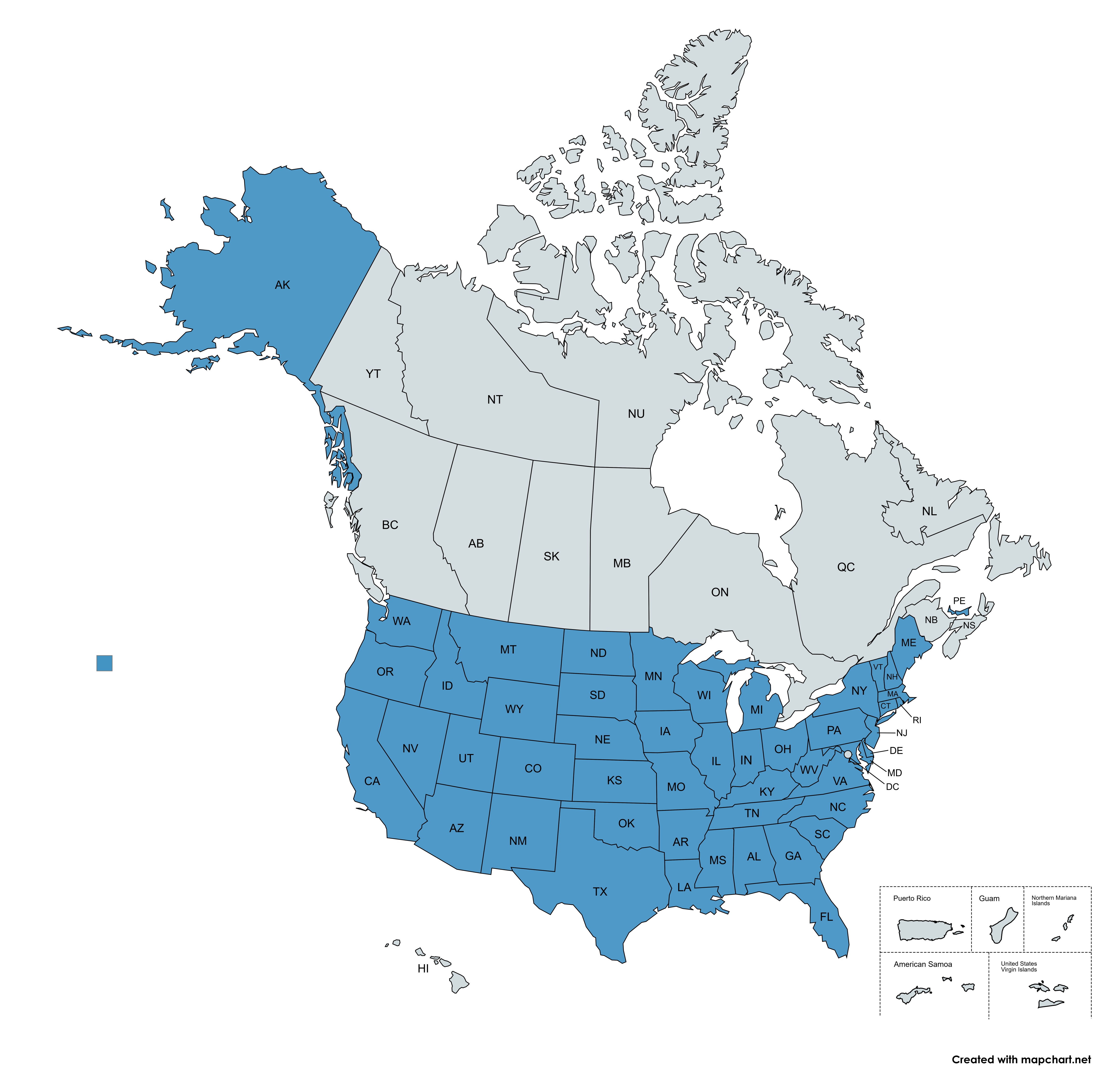

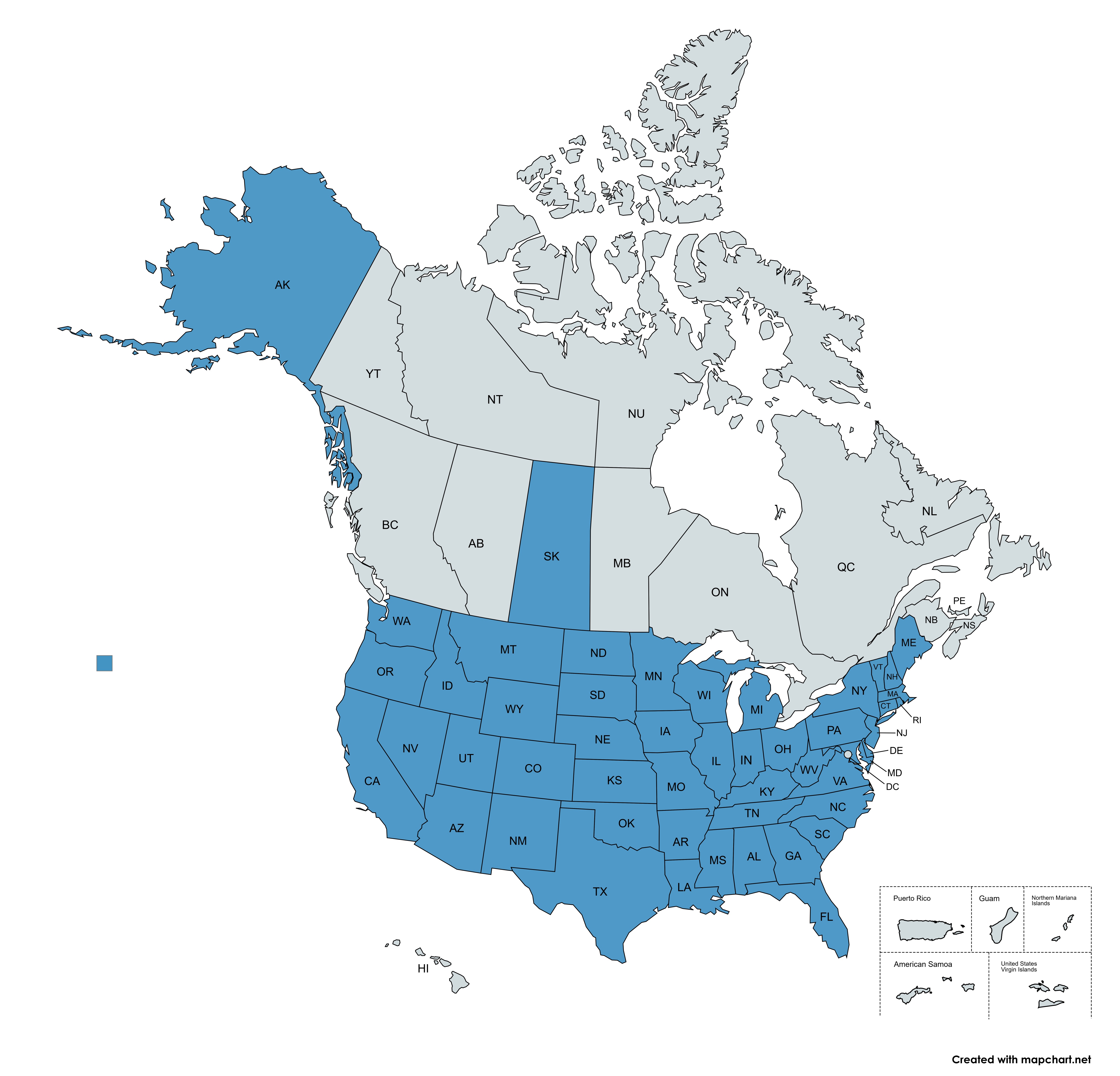
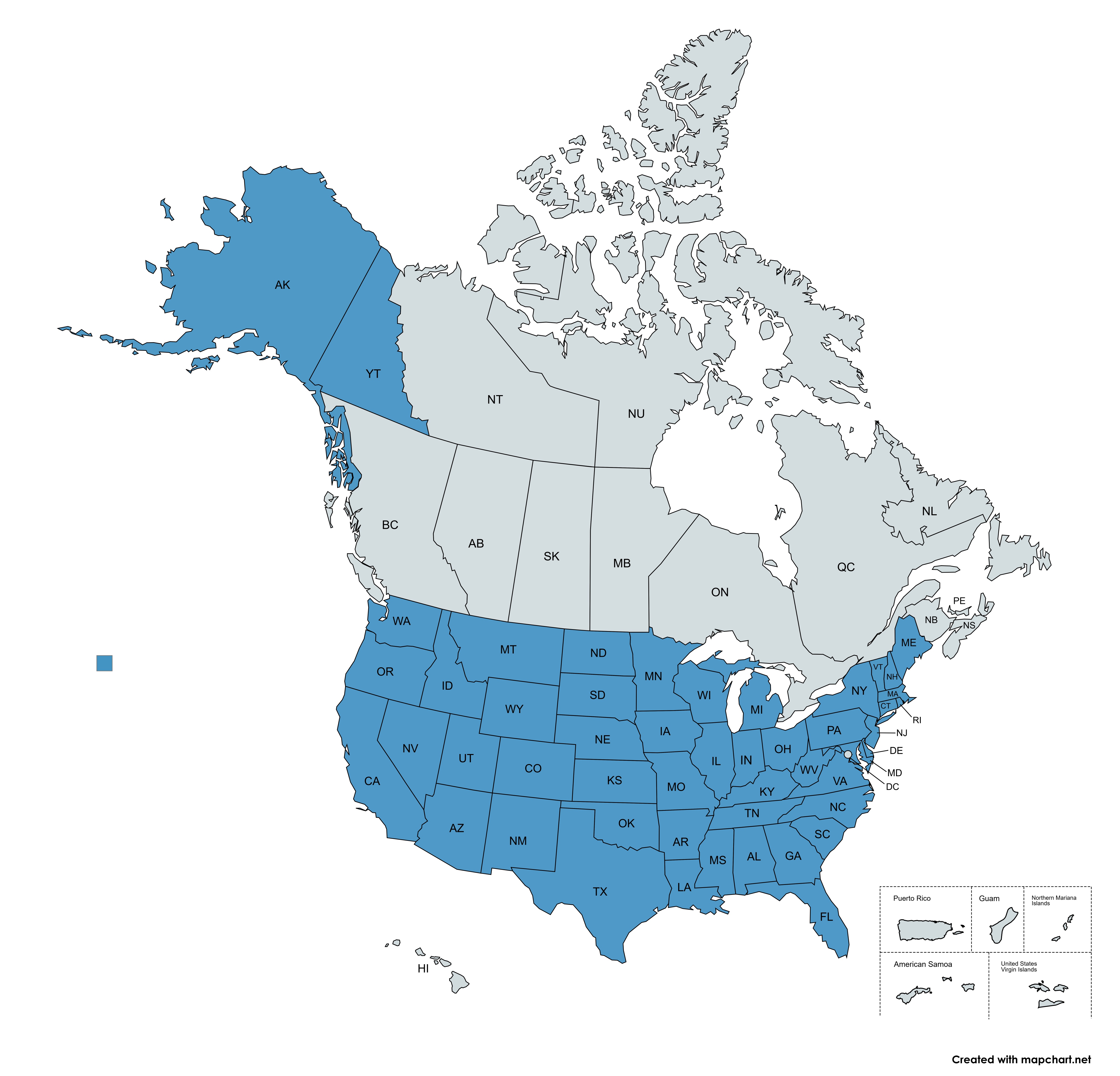
Comments
No comments yet. Be the first to comment!